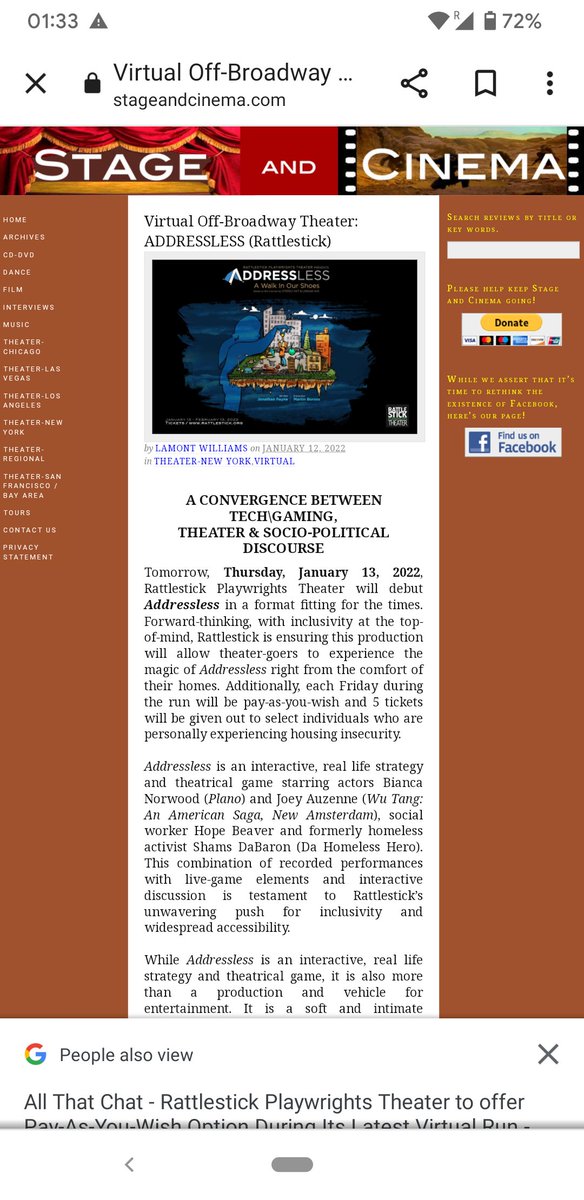

#Hero lab online campaign theatre trial#
Aufidius then raised support to have Coriolanus first put on trial by the Volscians, and then assassinated before the trial had ended. Coriolanus had thus committed acts of disloyalty to both Rome and the Volscians.

When Coriolanus's Volscian troops threatened the city, Roman matrons, including his wife and mother, were sent to persuade him to call off the attack.Īt the sight of his mother Veturia (known as Volumnia in Shakespeare's play), wife Virgilia and children throwing themselves at his feet in supplication, Coriolanus relented, withdrew his troops from the border of Rome, and retired to Aufidius's home city of Antium. Coriolanus and Aufidius then persuaded the Volscians to break their truce with Rome and raise an army to invade. The unmasked Coriolanus appealed to Aufidius as a supplicant. Plutarch's account of his defection tells that Coriolanus donned a disguise and entered the home of a wealthy Volscian noble, Tullus Aufidius. As a result of this ingratitude, the exiled general turned against Rome and declared allegiance to the same Volscians he had once fought against. The general was charged with misappropriation of public funds, convicted, and permanently banished from Rome. Īfter defeating the Volscians and winning support from the patricians of the Roman Senate, Coriolanus argued against the democratic inclinations of the plebeians, thereby making many personal enemies. The town was captured, and Marcius gained the cognomen Coriolanus. The citizens of Corioli cried out, and the whole Volscian force was dispirited and was defeated by the Romans. Not only did he repel the enemy, but he charged through the town gates and then began setting fire to some of the houses bordering the town wall. He quickly gathered a small force of Roman soldiers to fight against the Volscians who had sallied forth from Corioli. Coriolanus (then known only as Gaius Marcius) held watch at the time of the Volscian attack. Whilst the Romans were forcused on the siege, another Volscian force arrived from Antium and attacked the Romans, and at the same time the soldiers of Corioli launched a sally. The story is the basis for the tragedy of Coriolanus, written by William Shakespeare, and a number of other works, including Beethoven's Coriolan Overture.Ĭoriolanus came to fame as a young man serving in the army of the consul Postumus Cominius Auruncus in 493 BC during the siege of the Volscian town of Corioli. This is part of the strong background he took such pride in as a Roman noble in search of glory and excellence. Īccording to Plutarch, his ancestors included prominent patricians such as Censorinus and even an early King of Rome. More recent scholarship has cast doubt on the historicity of Coriolanus, portraying him as either a wholly legendary figure or at least disputing the accuracy of the conventional story of his life. In later ancient times, it was generally accepted by historians that Coriolanus was a real historical individual, and a consensus narrative story of his life appeared, retold by leading historians such as Livy, Plutarch, and Dionysius of Halicarnassus. He was then promoted to the rank of general. He received his toponymic cognomen "Coriolanus" because of his exceptional valor in a Roman siege of the Volscian city of Corioli. Gaius Marcius ( Caius Martius) Coriolanus was a Roman general who is said to have lived in the 5th century BC. Veturia at the Feet of Coriolanus by Gaspare Landi (Photo courtesy The VRoma Project)


 0 kommentar(er)
0 kommentar(er)
